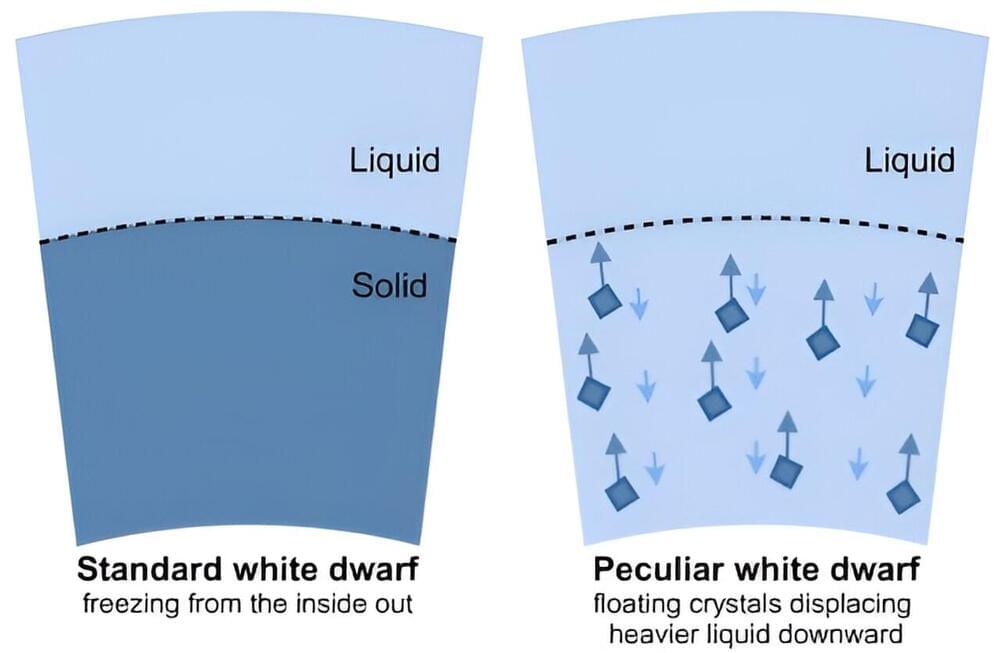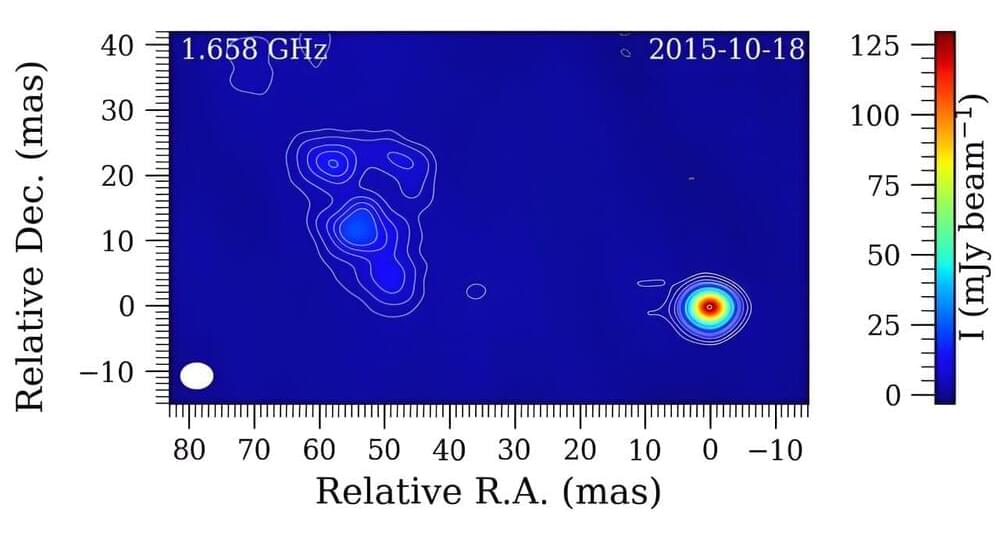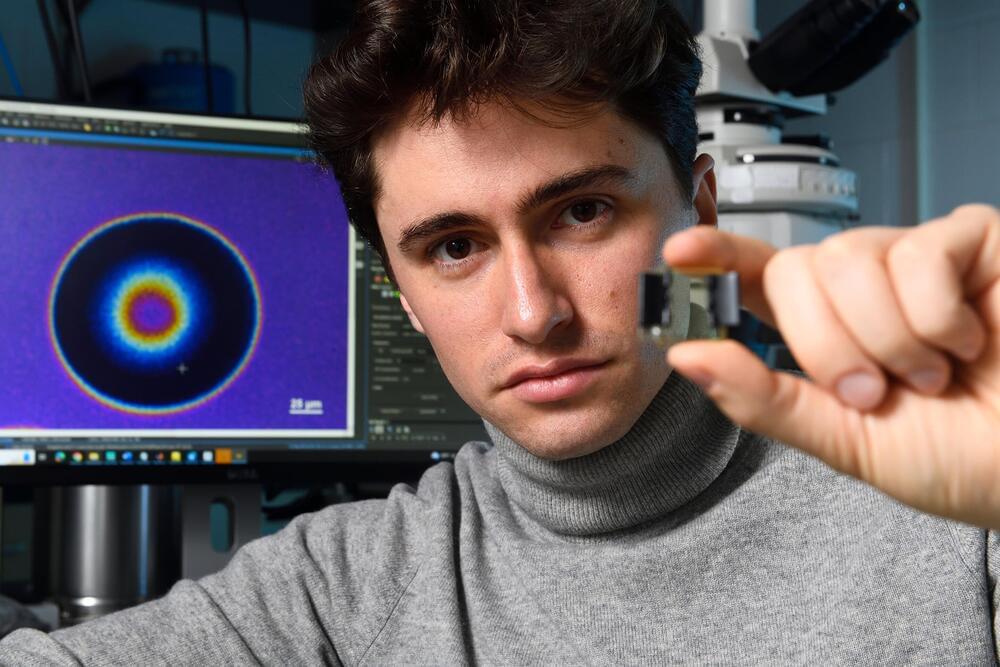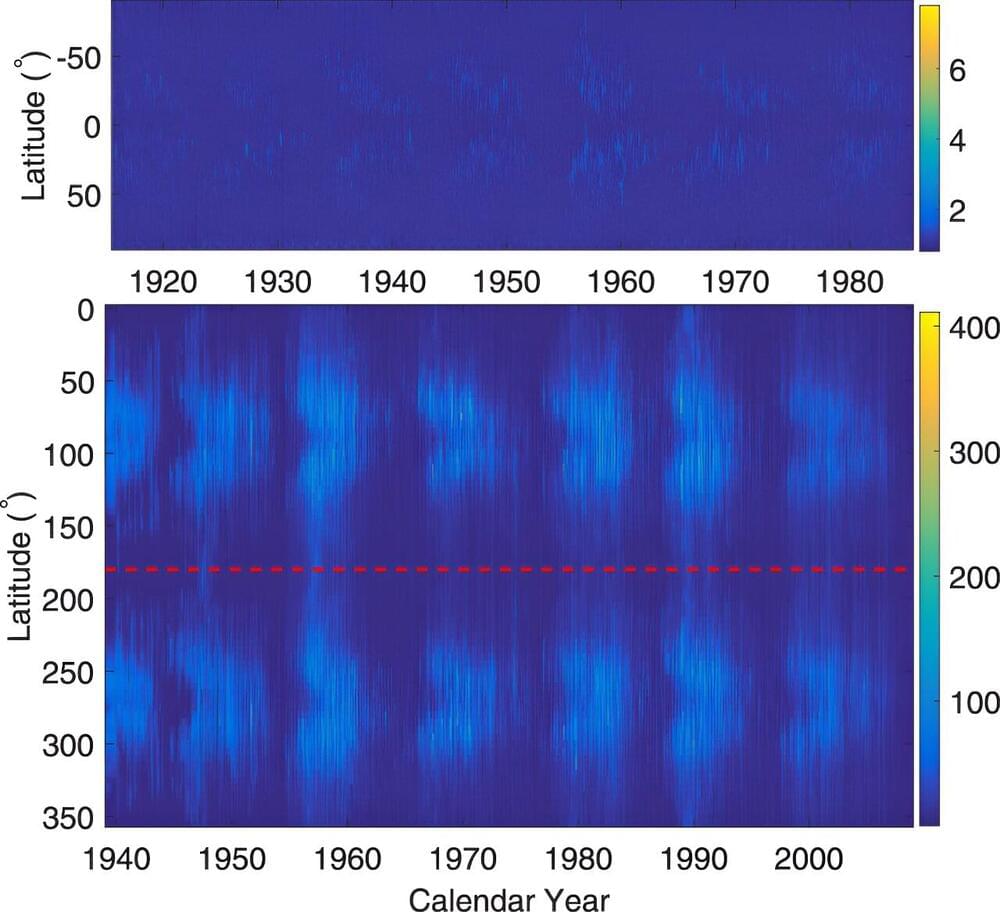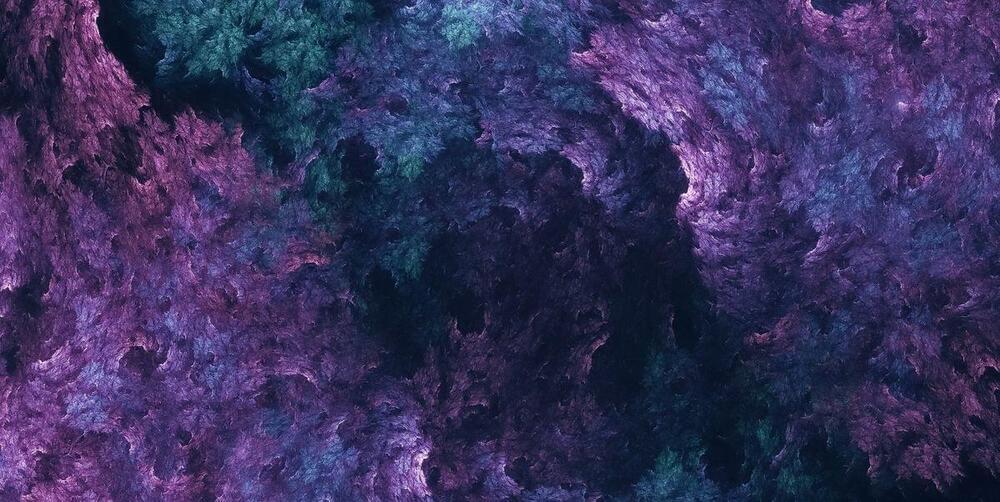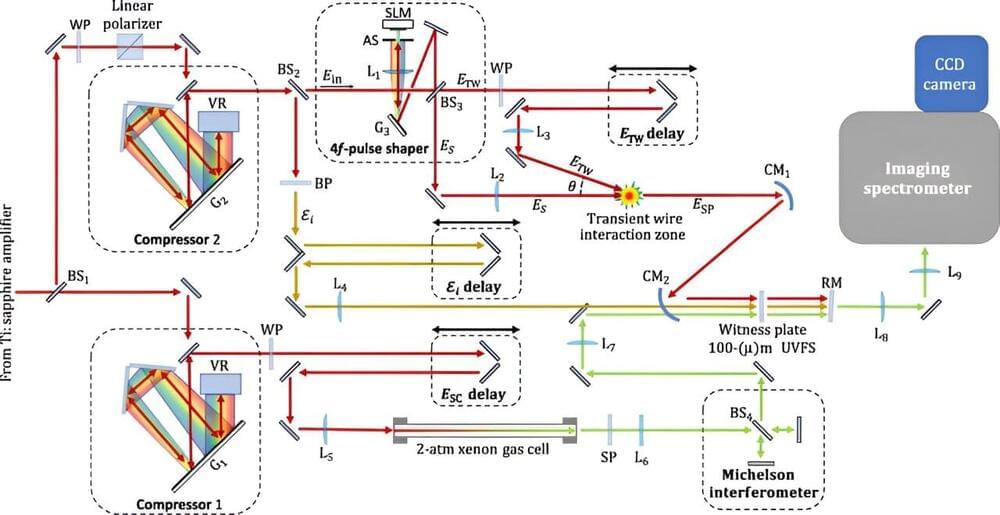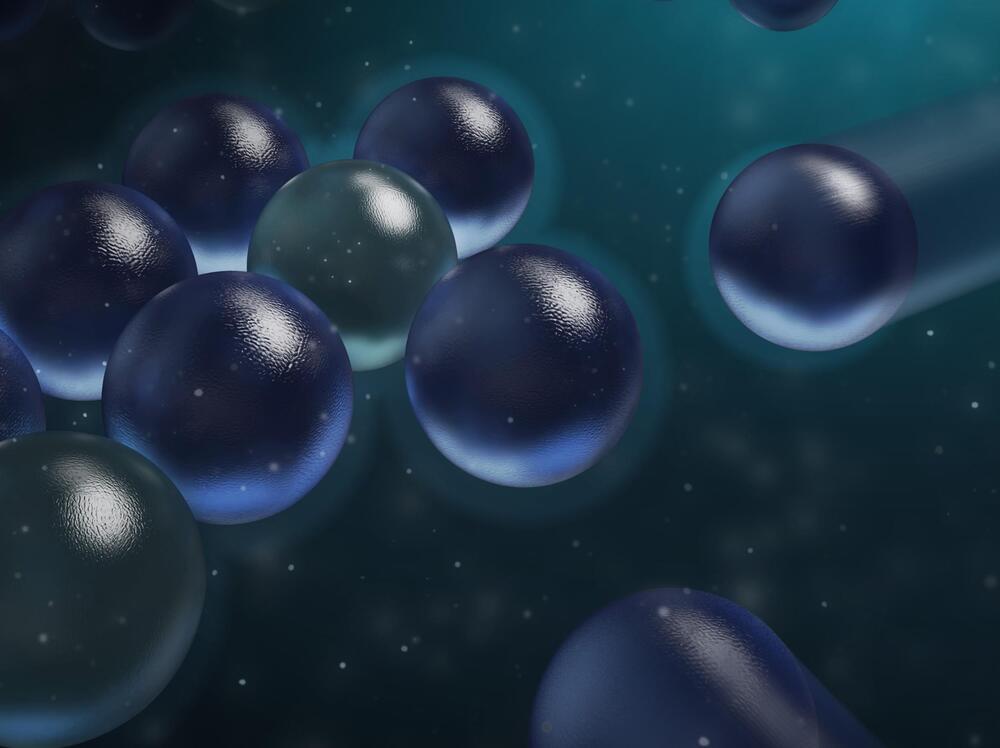Scientists have revealed why some white dwarfs mysteriously stop cooling—changing ideas on just how old stars really are and what happens to them when they die.
White dwarf stars are universally believed to be ‘dead stars’ that continuously cool down over time. However, in 2019, data from the European Space Agency’s (ESA’s) Gaia satellite discovered a population of white dwarf stars that have stopped cooling for more than eight billion years. This suggested that some white dwarfs can generate significant extra energy, at odds with the classical ‘dead star’ picture, and astronomers initially were not sure how this could happen.
Today, new research published in Nature, led by Dr. Antoine Bédard from the University of Warwick and Dr. Simon Blouin from the University of Victoria (Canada), unveils the mechanism behind this baffling observation.
